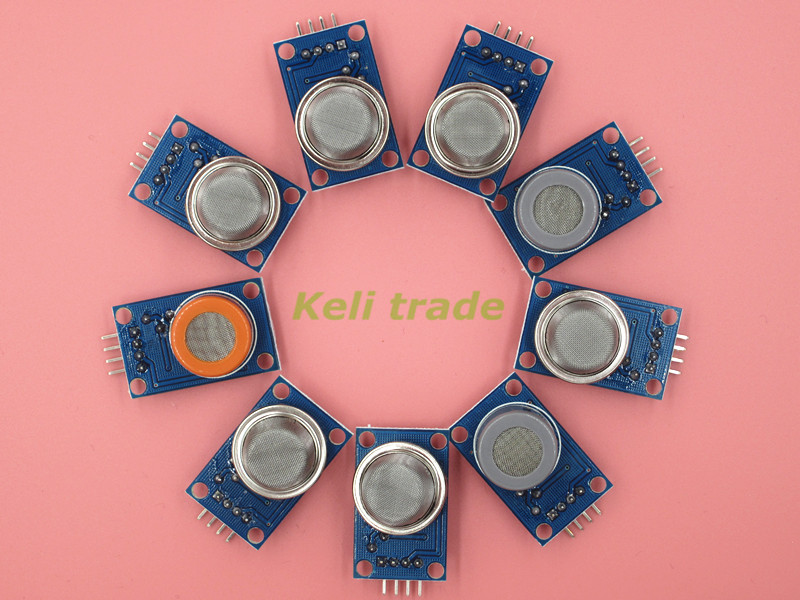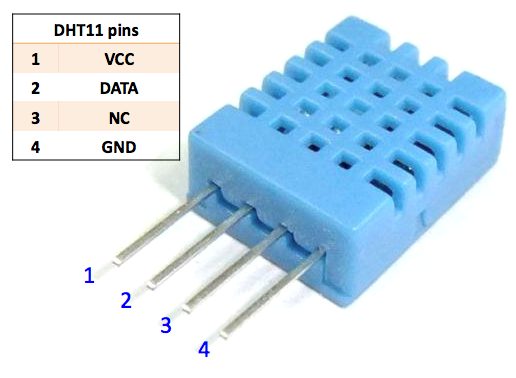Neus: Difference between revisions
From RevSpace
No edit summary |
No edit summary |
||
| Line 15: | Line 15: | ||
== | == datasheets == | ||
* [https://www.olimex.com/Products/Components/Sensors/SNS-MQ135/resources/SNS-MQ135.pdf MQ-135] | * [https://www.olimex.com/Products/Components/Sensors/SNS-MQ135/resources/SNS-MQ135.pdf MQ-135] | ||
* [https://www.seeedstudio.com/depot/datasheet/MQ-2.pdf MQ-2] | |||
* [https://www.sparkfun.com/datasheets/Sensors/MQ-3.pdf MQ-3] | |||
* [https://www.sparkfun.com/datasheets/Sensors/Biometric/MQ-4.pdf MQ-4] | |||
* [https://www.sparkfun.com/datasheets/Sensors/Biometric/MQ-6.pdf MQ-6] | |||
* [https://www.sparkfun.com/datasheets/Sensors/Biometric/MQ-7.pdf MQ-7] | |||
== pics == | == pics == | ||
| Line 29: | Line 33: | ||
== related info == | == related info == | ||
* [http://playground.arduino.cc/Main/MQGasSensors arduino.cc how to toy around with the MQ sensors] | * [http://playground.arduino.cc/Main/MQGasSensors arduino.cc how to toy around with the MQ sensors] | ||
* [http://www.seeedstudio.com/wiki/Grove_-_Gas_Sensor(MQ2) seeedstudio on how to use the MQ-2] | |||
Revision as of 15:27, 9 March 2016
Neus (or "Nose" for Dutch impaired people) sniffs the gasses that are sucked out of the klusbunker. It's that little pcb screwed onto the right wall.
The measurements can be viewed at https://keetweej.vanheusden.com/revspace/nose.php. Note that you can click on most (not the one at the top) graphs to view a heatmap of the measurements.
facts
- it uses 7-10 watt (because the sensors have little heaters in them)
- has 8 MQ-sensors
- Arduino based
- talks via an NRF24L01 with the rest of the space
- has a DHT11 for temperature/humidity
- temp/hum may have an offset because they are in the airway and because they are located to 8 heaters(!)
- if I remember correctly, I used this bunch of sensors. these are the MQ-sensors with some extra logic soldered on a breakout board.
datasheets
pics
who
Initially designed/soldered by Flok. Later on Benadski made some modifications to reduce the detection-range.

